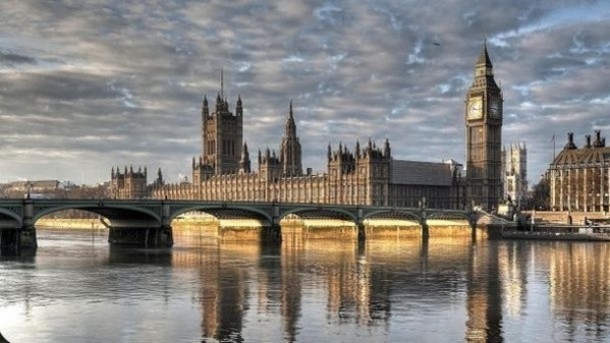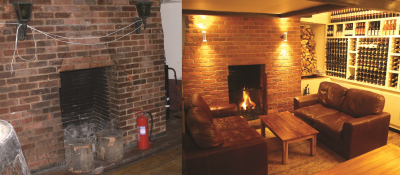Property
How should the pub property industry feel about the MRO?

- Looking to buy or sell a pub? Check out our property site
The value of the tie
Tied public houses have always been an excellent way for tenants with relatively little equity and experience to enter the pub and bar market.
In such cases, the service provided by the pub companies to less experienced tenants provides very valuable guidance. Without the security of the tie, these pubcos will have to expect incoming tenants to be more responsible for the initial investment outlay in the property, and the tenant will also receive less support and guidance.
I believe the constructive benefits of this service provided by the pubcos cannot be stressed enough and many agree. Therefore the value of the pubco’s knowledge and experience to new and less experienced operators will mean most will choose to remain tied.
In reality, we would expect only the biggest operators will find it sensible to go free of tie, and even then, it will be best-performing properties that are most likely to adopt the free-of-tie model.
With the larger pubcos having far less incentive to invest in free-of-tie pubs, we will see a change in investment levels — and, where some have spent tens of millions of pounds a year investing in their estate, this is likely to decline.
Managed pubs
The amount of managed pubs will also increase but this is not just as a result of the MRO. Enterprise Inns, for example, has already established a managed business and others are likely to follow suit both in preparation for the change in legislation, but also because many pubs, especially in London and the outskirts, are trading very well.
There is also the suggestion that many pubcos have since started to convert the pubs they think will go free of tie at the point of lease renewal into managed houses, which they control themselves.
Smaller and community pubs, which have less cash freely available will also be affected as the benefits from capital expenditure contributions and off-set rents are withdrawn. This may result in some finding themselves under-capitalised and unable to make the necessary level of investment.
We can expect some pubcos will also have to offer longer tied leases than five years in many instances to attract tenants in the weaker areas.
Rental levels
Rental levels have not been fixed and, while some in the market believe that their setting will be based on rents of similar properties in their immediate vicinity, I imagine a more complicated calculation will be made.
The result may be a larger increase in rent than some are expecting and, while it is true that these costs can be offset against reduced beer costs, I imagine many will find a shortfall between the two.
In valuation terms, the free-of-tie rent that is proposed should reflect the rental market levels for free-of-tie public houses, not via some arbitrary adjustment to shadow profit and loss sheets. Also, a valuer should not be bound by a tied passing rent as the reason for that current rent being what it is. This is because this may not be relevant at the new rental valuation date; a lot of regard should be given to current market evidence.
In any property market, rents are fixed by supply and demand. In that respect, demand for free-of-tie and tied pubs will be different and this is likely to become more pronounced. In other words, we can expect two sub-markets.
When will the MRO come into effect?
Revisions to the pubs code were revealed last week. The department for Business Innovation and Skills has told the Publican’s Morning Advertiser that the code is on track to be ready before parliament’s summer recess on 21 July.
New revenue streams
Losing revenue generated from beer sales will mean pubcos will understandably look for other ways to generate revenue from their estates. This could include letting upper parts of their properties, offering outside-the-MRO-act leases and shorter leases with no capital expenditure contributions or rent free periods.
Many operators see breaking the tie as a quick and easy way to improve their business performance. However, it is not that simple and will not change poorly run pubs, which don’t hold any appeal for modern-day consumers, into the gold mines some people believe they will become.
What will it all mean?
When the proposed changes come into effect, operators need to consider their long-term plans very carefully before deciding to break the tie. In the short term, we therefore expect very little will happen.
Even when the MRO is eventually implemented, new legislation always gets amended and supply and demand over time will fix the issue according to the needs of the market.
The key piece of advice for any pub tenant here, one who may otherwise assume that a gross profit adjustment will produce the resulting jump from tied to free-of-tie, is to obtain good professional advice when considering an MRO before jumping in with both feet.






